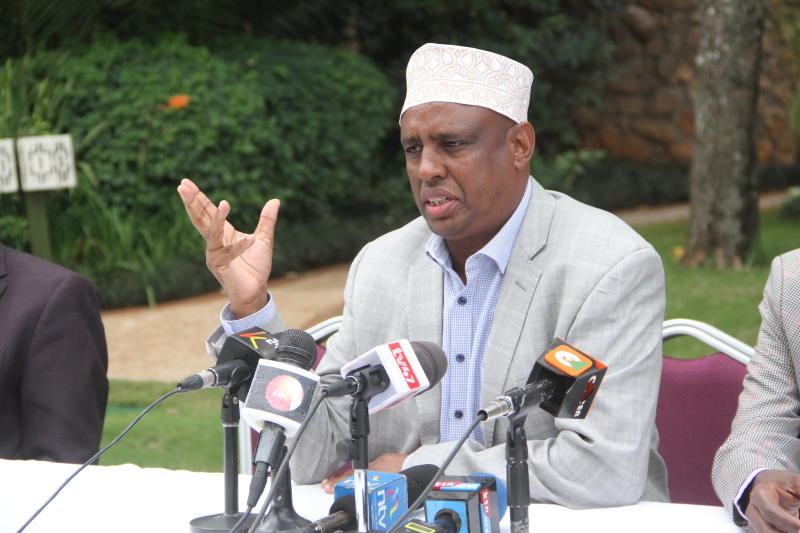×
The Standard e-Paper
Fearless, Trusted News

Leaders from upper Eastern have called on stakeholders in volatile Marsabit to preach peace among warring sides.
Politicians, elders and religious organisations pleaded with the top county leadership, led by Governor Mohamud Ali, Treasury Cabinet Secretary Ukur Yatani, MPs and MCAs to join hands in efforts to bring to an end the inter-clan conflicts.